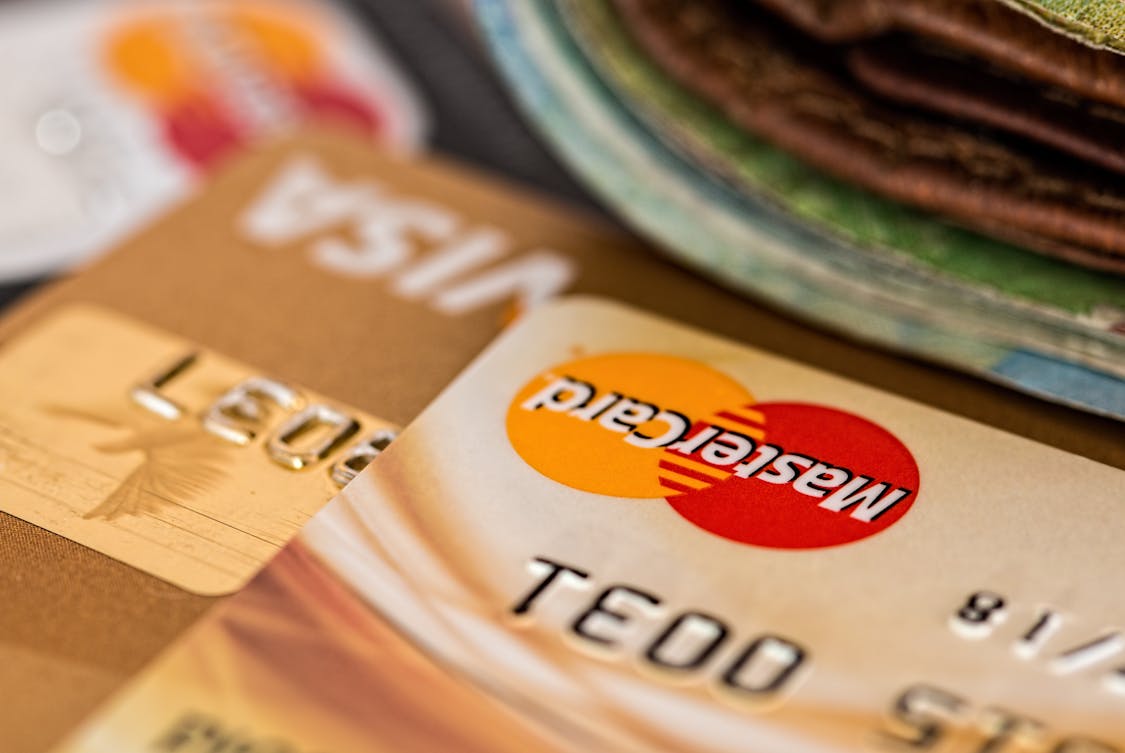For international students, understanding banking in a new country can feel like a jigsaw puzzle. Each piece is essential for completing the picture of financial stability and security.
This article provides an overview of vital aspects of banking that newcomers should grasp to feel more at home.
Opening a Bank Account
When you arrive in a new country, one of your first steps should be to open a bank account. Many services now specialize in helping with getting a bank account for international students, making the process quicker and more straightforward.
This process is fairly straightforward, but requirements may vary based on the bank and your location. Typically, you will need to present a valid passport, proof of student status, and sometimes a local address.
It’s wise to shop around before settling on a bank. Different institutions offer varying services, fees, and accessibility. Online banks might provide lower fees but can lack physical branches.
Traditional banks, on the other hand, often have more support services. Evaluate what fits your needs best.
Types of Bank Accounts
There are mainly two types of accounts you might consider: checking and savings. Checking accounts are designed for everyday transactions, where you can deposit funds, withdraw cash, and manage bills easily.
Savings accounts usually offer interest on your balance, making them suitable for setting aside money for future expenses.
Some banks offer student accounts, which often come with fewer fees and special perks. It’s beneficial to inquire about such options when you visit the bank.
Keep in mind your spending habits and how often you’ll need to access your funds when making your choice.
Understanding Fees and Charges
Banks do not typically operate for free, and it’s vital to understand the various fees associated with your account. Monthly maintenance fees can eat into your budget if you’re not careful.
Look out for ATM withdrawal fees, foreign transaction fees, and charges for overdrafts.
Many banks provide tools or apps that help you track your spending. Familiarizing yourself with these can keep you from walking into unexpected financial pitfalls.
The clearer you are about your account’s terms, the better prepared you’ll be to manage your finances.
Currency Exchange and International Transactions
Dealing with multiple currencies can be a challenge. Before making any international transactions or currency exchanges, do some research.
Banks usually have specific rates for currency conversion, and these rates can differ significantly from what you might find at currency exchange booths.
Consider using services designed for international students. Some fintech companies offer competitive rates for transferring money to and from your home country. This can be a good option if you wish to avoid high bank fees.
Online Banking and Mobile Apps
In the age of technology, online banking has become a valuable asset for managing your finances. Most banks offer mobile apps that allow you to monitor your account, transfer funds, and pay bills on the go.
These apps can be lifesavers, especially when you have a busy schedule balancing studies and social life.
Make sure to download your bank’s app and familiarize yourself with its features. Setting up alerts for low balances or unusual transactions can provide an extra layer of security.
This not only keeps you informed but also helps you avoid potential fraud.
Maintaining Good Financial Habits

Establishing good financial habits early on is key for a successful experience abroad. Create a budget that accounts for tuition, housing, food, and entertainment. Utilizing tools like spreadsheets or budgeting apps can help you visualize your spending and savings.
Always try to keep an emergency fund. Life can throw curveballs, and having a financial cushion can serve as a safety net. Aim to save a small amount regularly, even if it seems insignificant. Every bit counts!
Credit Cards and Building Credit History
Getting a credit card can be a useful tool for international students. A credit card enables you to make purchases, build credit, and often comes with rewards like cashback or travel points. However, be cautious; missing payments can lead to debt and damage your credit score.
In many places, building a credit history is essential for future financial endeavors, such as renting an apartment or applying for a loan. Some credit cards are designed specifically for students and require minimal credit history, making them an excellent starting point.
Understanding Banking Regulations
Each country has its banking regulations that can affect your account. Familiarize yourself with local laws regarding money transfers, taxes, and financial reporting. This knowledge can save you from potential penalties or complications in the future.
If you’re unsure about specific regulations, don’t hesitate to ask your bank for guidance. They often have customer service representatives who can clarify rules and help you navigate through any confusion.
Insurance and Fraud Protection
When dealing with banking, it’s not just about managing funds; it’s also about protecting them. Most banks offer insurance against unauthorized transactions. Familiarize yourself with the bank’s fraud protection policies, and ensure you take necessary precautions.
Don’t share your account information or passwords with anyone. If you suspect fraudulent activity, report it to your bank immediately. They can provide you with steps to secure your account and protect your funds.
Cultural Differences in Banking Practices
Every country has its banking culture, and this can influence your experience. In some places, cash is still king, while others embrace digital transactions. Pay attention to how locals conduct their banking activities and adapt accordingly.
Understanding social norms regarding tipping, paying for services, or splitting bills can also enhance your experience. Engaging with other international students can provide valuable insights into banking customs you might not readily understand.
Resources for International Students
Many universities offer resources specifically designed to assist international students with banking and financial matters. Attend orientation sessions, workshops, or financial counseling sessions that your school may provide.
These resources can help clarify your doubts and make banking less daunting.
Additionally, online platforms and forums can provide a wealth of knowledge. Fellow students often share experiences and advice that can guide you through the early stages of your banking experience.
Language and Communication Barriers
Navigating banking services in a foreign language can be challenging. If English isn’t your first language, consider bringing a friend who speaks the local language or using translation apps during important conversations.
Clarity is key, especially when dealing with financial matters.
Don’t hesitate to ask questions. Bank staff are usually trained to assist newcomers and can provide valuable guidance. Clear communication will help you avoid misunderstandings about your account or services.
Managing Your Financial Future
Finally, remember that banking is just one piece of your financial puzzle. As you settle into your new home, think about your long-term financial goals.
Whether it’s studying abroad, traveling, or saving for future investments, having a clear vision will help guide your financial decisions.
Use your time as an international student to learn about financial literacy. Understanding how to manage your finances now can set the stage for a prosperous future, no matter where you go.









